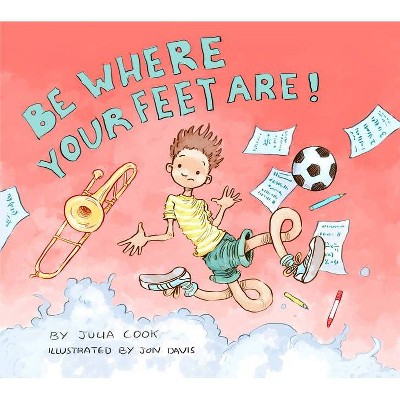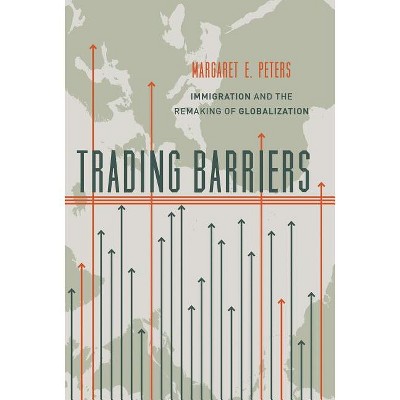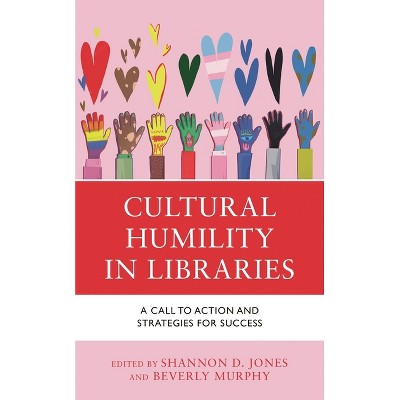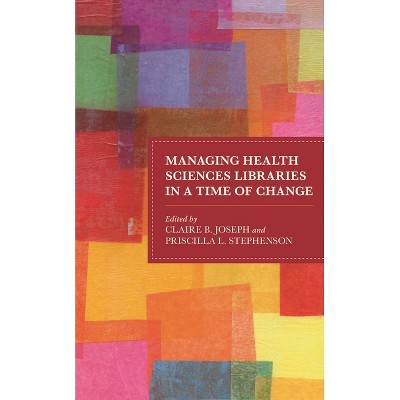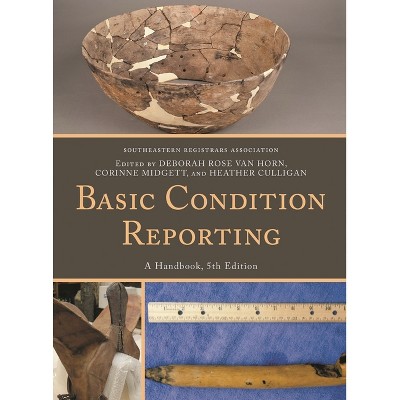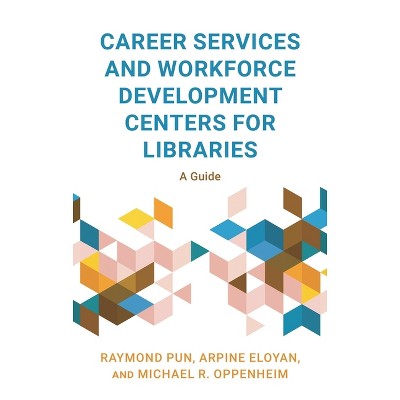Sponsored

Health Literacy and Libraries - (Medical Library Association Books) by Deborah Charbonneau & Emily Vardell
In Stock
Sponsored
About this item
Highlights
- This book will provide a compilation of relevant research as well as tried-and-true based practices to health literacy informed outreach.
- About the Author: Deborah H. Charbonneau is professor and chair of the MLIS Program in the School of Information Sciences at Wayne State University in Detroit, Michigan, USA.
- 360 Pages
- Language + Art + Disciplines, Library & Information Science
- Series Name: Medical Library Association Books
Description
About the Book
This book will provide a compilation of relevant research as well as tried-and-true based practices to health literacy informed outreach. An overview of health literacy and health literacy measurements will be included.Book Synopsis
This book will provide a compilation of relevant research as well as tried-and-true based practices to health literacy informed outreach. An overview of health literacy and health literacy measurements will be included.
Review Quotes
Editors Vardell and Charbonneau have compiled a comprehensive resource for librarians seeking to address health literacy needs in their respective communities. Using case studies and first-hand experiences, a group of subject-expert contributors skillfully incorporate a variety of perspectives about the importance of health literacy and outreach to often-overlooked groups. The book focuses on the experiences of wide-ranging populations, with chapters dedicated to communities like LGBTQIA+ people, immigrants, and aging adults. The strategies for promoting and approaching health literacy, such as reading clubs, health misinformation instruction, and partnerships for health literacy programs, are refreshing and timely. The clearly organized book makes it easy to locate specific topics of interest. A critical exploration of meeting users where they are and creating new pathways to health literacy success. This valuable resource highlights information professionals' crucial role in helping users acquire health literacy skills to enhance their quality of life, physical well-being, and mental health. Highly recommended for academic libraries, public libraries, and health care institutions committed to improving health literacy.
Health information can literally save lives. Librarians can play a major role in providing current, reliable, evidence-based information for patients and the general public. This volume provides an overview of health literacy and a framework for the various ways that libraries and librarians can interact with communities to keep them informed. The book is divided into five sections. The introduction covers the history of the term health literacy in the United States and the ways that health literacy is measured. Sections two and three look at the types of health literacy (health insurance, mental health, misinformation) and various communities (LGBTQ, Latinx, Black, immigrants/refugees/migrants), along with their needs. It also addresses teens and young adults, older adults, and the parents of children with rare diseases, suggesting ways to empower these groups with the necessary knowledge to deal with their health issues. Section four discusses the roles academic and health sciences libraries, public libraries, and hospital libraries can play in promoting health literacy and notes the importance of partnerships. The last section looks at health literacy in practice and suggests ideas for providing training and education: book club discussions, continuing education, classes for medical students and health care practitioners, and digital training. The authors also note the importance of support for informed consent in clinical practice and research. This is a useful book for health sciences and information studies collections.
About the Author
Deborah H. Charbonneau is professor and chair of the MLIS Program in the School of Information Sciences at Wayne State University in Detroit, Michigan, USA. Deborah completed her PhD in Sociology at Wayne State University. Prior to joining the faculty, she worked as a health sciences librarian and she holds a Master of Library Science degree from the University of Pittsburgh. Her research interests include health literacy, accessibility, and scholarly communication issues. She currently teaches courses in library management, health informatics, research methods, and information policy.
Emily Vardell is associate professor in the School of Library and Information Management at Emporia State University. Her research interests focus broadly on information behavior, including health insurance literacy. She earned her PhD from the School of Information and Library Science at the University of North Carolina at Chapel Hill and her Master of Library Science degree from Texas Woman's University. Prior to pursuing her PhD, she worked as a health sciences librarian, and she continues to be an active member of the Medical Library Association.
Shipping details
Return details
Frequently bought together
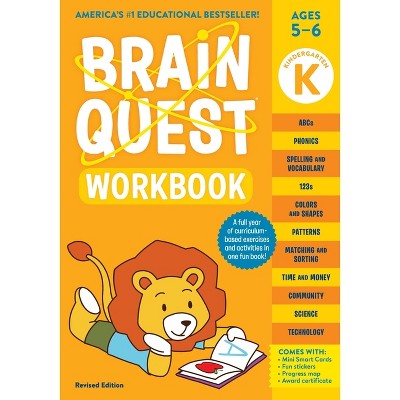
Trending Non-Fiction






